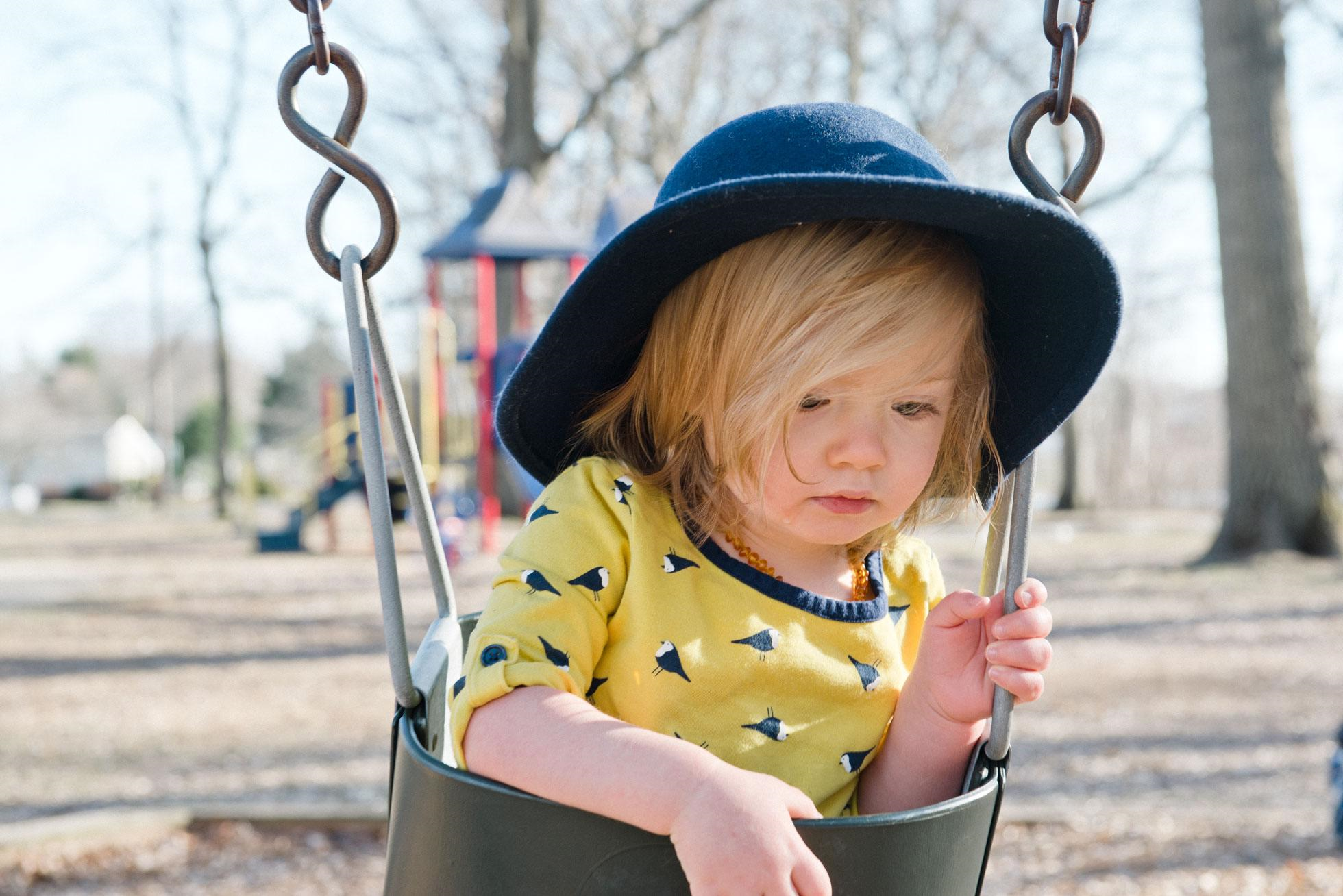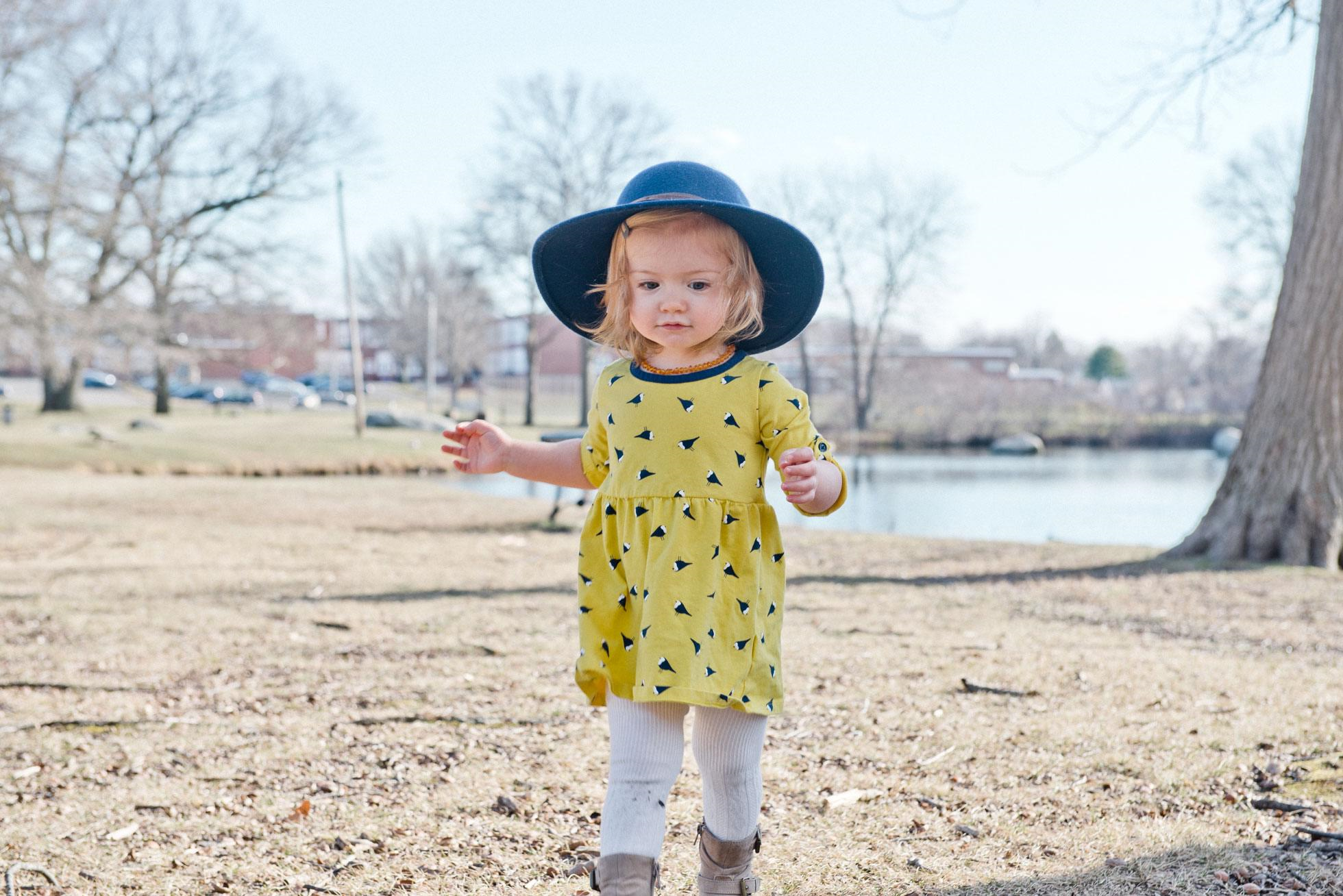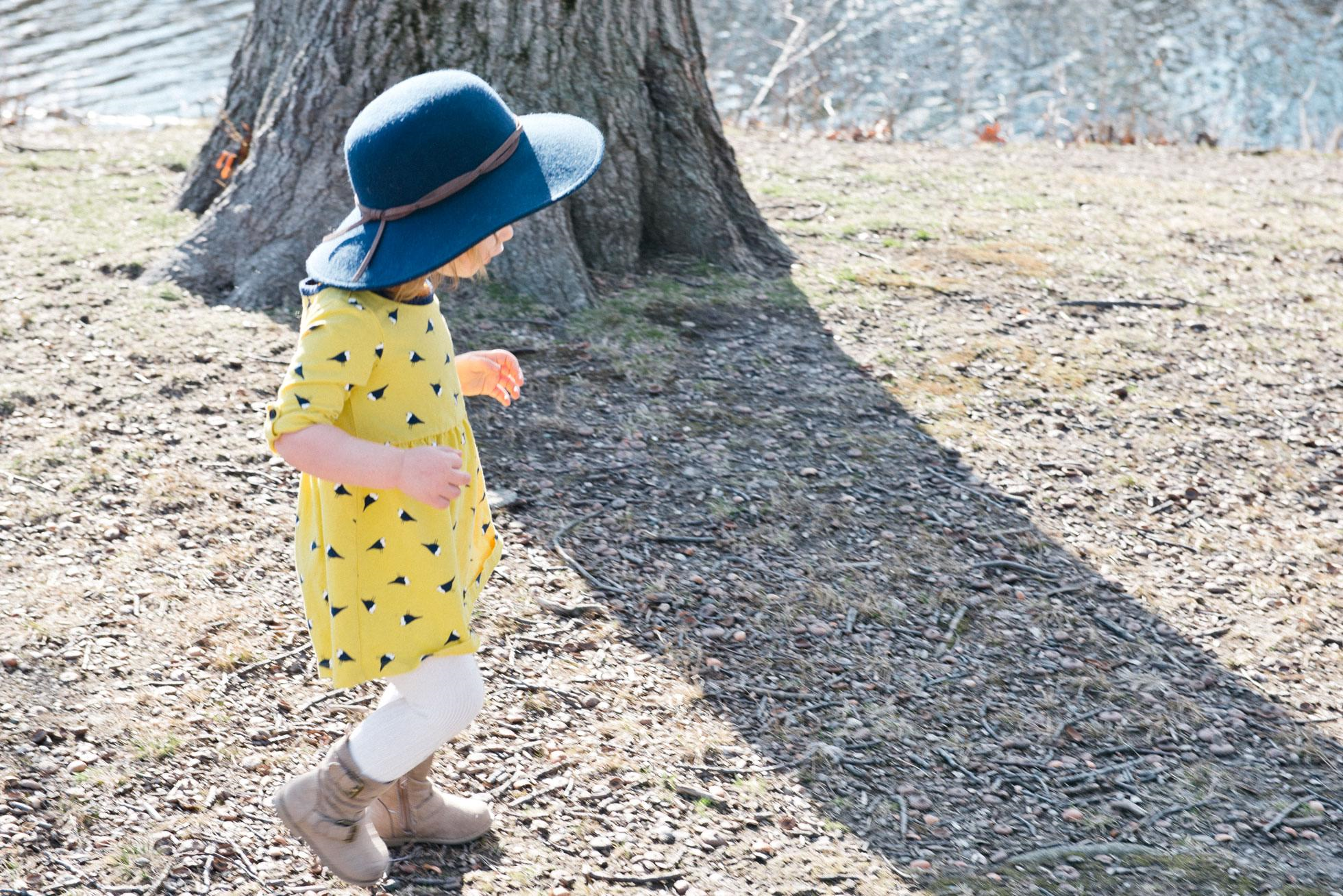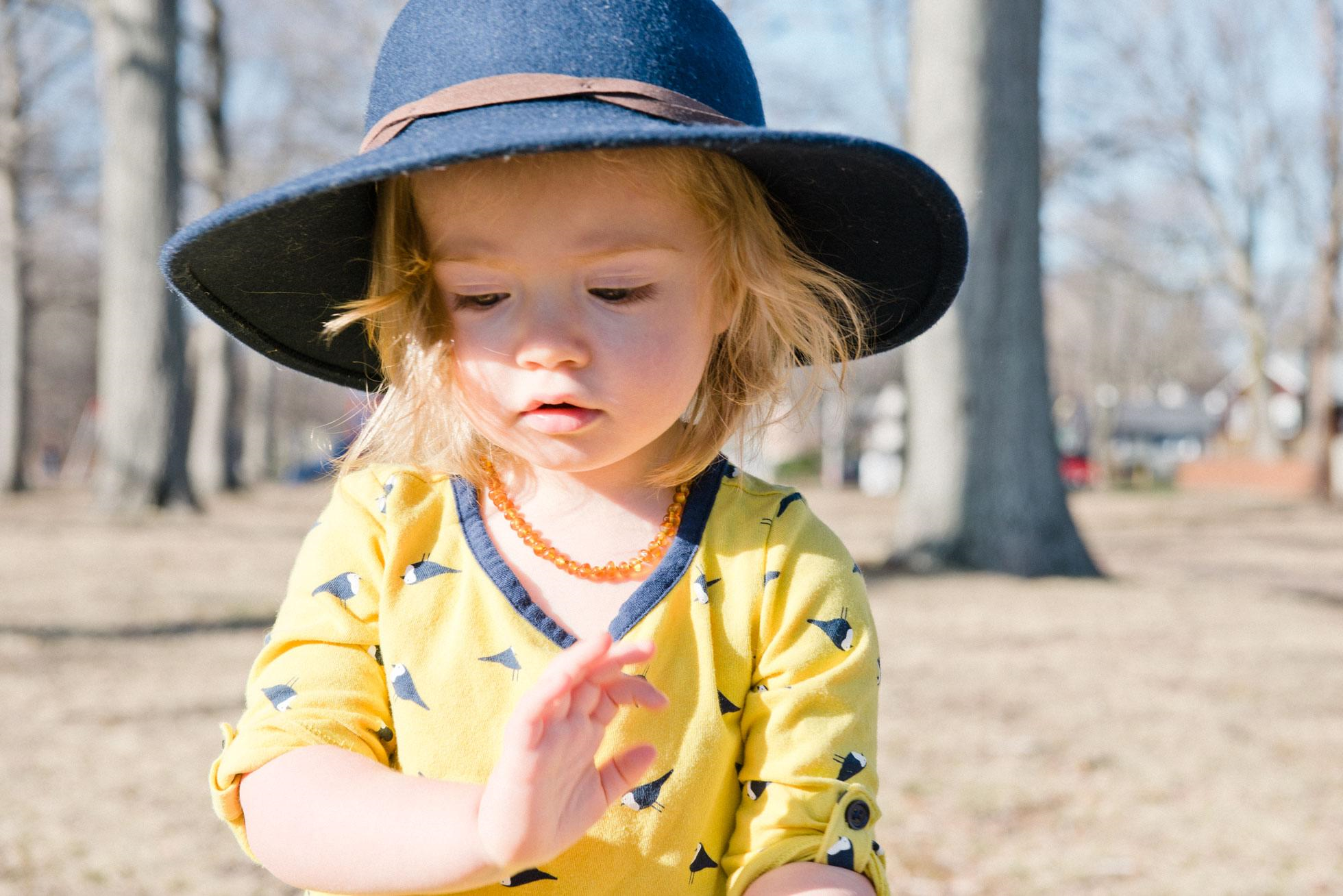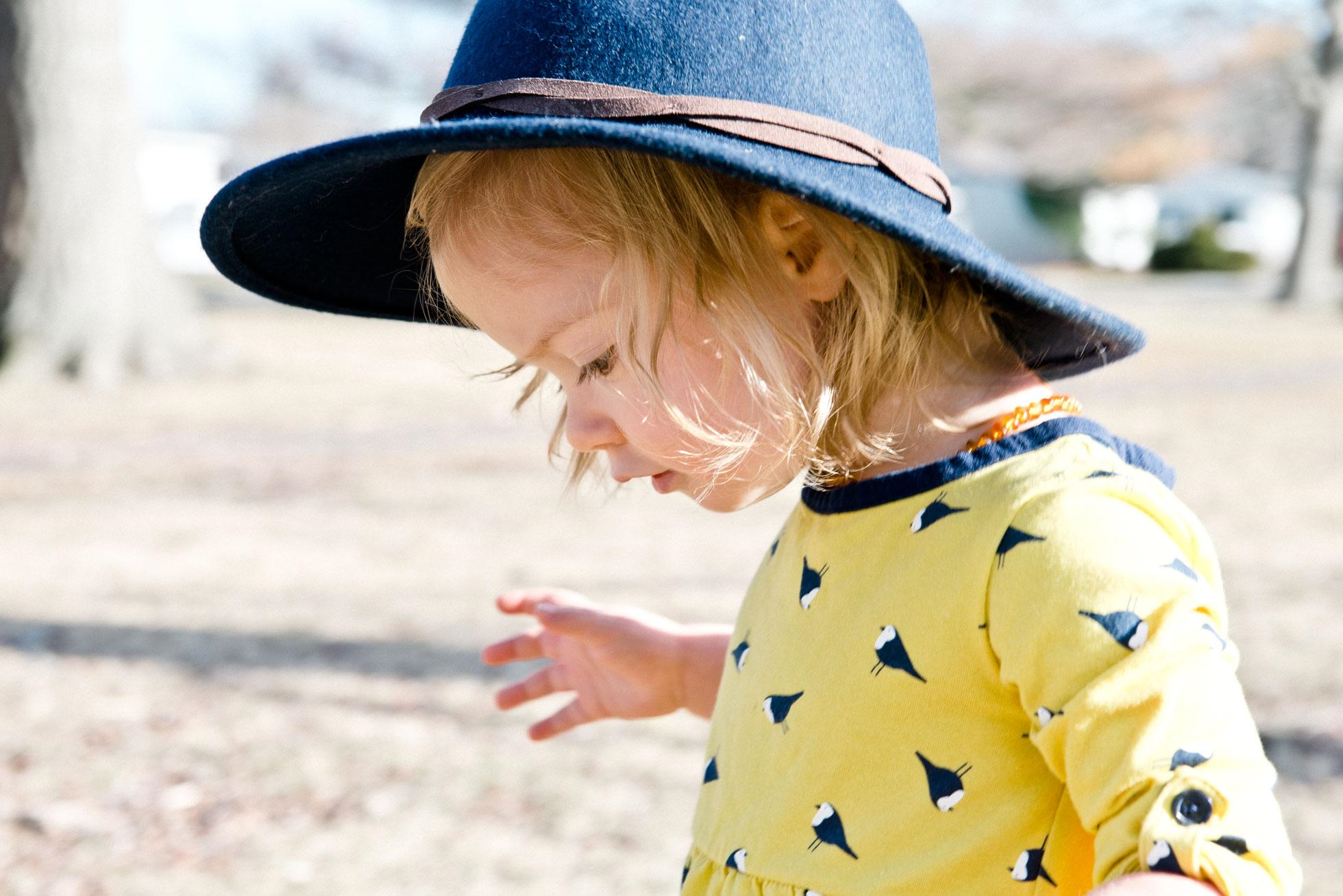Discipline That Leads to a Harvest of Peace
It’s starting. My sweet baby girl has learned the word “No”. She is 18 months old and quickly learning she is an autonomous tiny human with the ability to make her own choices. Yesterday I was cooking in the kitchen and she kept trying to turn the knobs on the stove. I explained to her that the stove is dangerous and she can’t touch it. She let out the most distressed whine you could imagine and proceeded to stomp her feet angrily. 30 seconds later she was back at the stove, looked directly at me and with the most defiant tone she could muster said “No, no, no” as she reached out to touch the knob again. It took just about everything in me not to laugh at her cuteness but I realized this was an important moment. She is too small to reach the burners now but she is growing quickly. A few inches more and there is a real potential for her to get burned. As I stood there looking in her adorable yet defiant little eyes I started thinking about how so often in my life I have reached for things while telling myself they are harmless only to find that they have a devastating power to hurt me later. I believe that’s often how sin works. It entices with its promise to fulfill our desires and we ignore its potential to harm.
All of this has led to me to think quite a bit lately about discipline and the framework my husband and I hope to set for my daughter to see the process of correction through. As I was processing how to address these emerging behaviors I was struck all over again by the incredible weight of motherhood. These moments of defiance may look small and insignificant, or just slightly irritating after a long day, but there is a weightiness attached to them that carries such eternal significance. When I stop to think about what truly matters in life I believe it’s the way we love God and glorify him and the way we love others and equip them to do the same. I believe consistent and thoughtful discipline helps our children to do this well in two ways.
The first way I see discipline work is that it sets a standard for submitting to authority. In a world where authority is abused regularly and women, children, and anyone in the minority can and have been oppressed this is an idea we often run from (and in the case of abuse many times should run from). The problem with throwing it out completely is that we were created to find our deepest joy and greatest freedom when submitting to Gods authority and the plan for authority he has placed in our lives. By throwing it out completely we find ourselves trying to be our own Gods and we make choices that bring us pain. If I did not lovingly ask my daughter to obey my authority, then it is likely that she would eventually burn her hand on the stove. As her mother, I have the role of modeling a kind and loving authority that protects her and keeps her safe. My hope is that as she grows to trust my authority over her, and feels the safety of the boundaries I set for her, that she will find it easy to in turn trust Gods authority over her life as her Father. This first role of discipline thus sets the right conditions for her relationship with God to be ordered correctly in the ‘seat' of her heart. It places God as God and dethrones her innate broken desire to be God of her own life. My hope is that she would feel safety in allowing him to be God of her life which would enable her to “Be still, and know that (he is) God” (Psalm 46:10).
After setting up the order of the relationship, the second thing discipline does is it builds walls to protect the relationship. This is both true of the relationship my daughter has with those in authority over her on earth as well as in her relationship with God. Consistent and loving correction teaches my daughter to be self-controlled. Countless studies have linked consistent discipline (as opposed to harsh punishment) with a high internal locus of control in children. Self-control is like a wall that guards a city. Self-control sets healthy rhythms that protect against things that can break in and steal joy. It teaches us when to say no, or not yet, to our desires and when its ok to say yes. It teaches us to hold out and wait for what is better. It strengthens our impulse control center so we can say “yes, I would love this thing in front of me, but if I choose to turn it down the reward I get later is better. I will not trade fleeting and temporary satisfaction for the deep soul quenching joy that is in store for me if I walk away or wait on this.”
Disobeying is ultimately a relationship problem. When I choose to walk away from God’s will for my life and choose my own I essentially am saying I don’t trust his goodness and heart for me. I don’t believe that what he has is better and I choose to walk away from that relationship, even if only momentarily, to pursue my own will. It deeply affects my ability to have intimacy with God, not because God goes away or because I have to “be good enough” for God to love me. It affects intimacy with him because I am choosing to ignore God and create distance. This is also a reflection of my relationship with my daughter. Take the stove for an example again. If she chooses to keep touching the stove, it’s because she believes touching the stove will result in greater joy than trusting what mommy asked her to do will bring her. She does not understand or trust that I am looking out for her greater joy as getting burned is just about the least joyful experience you can have. It disrupts the warmth in our relationship when she chooses to disobey because, as her mommy who cares for her tiny hands and does not want them burned, I have to consistently follow through with discipline. It makes me sad when my daughter has to sit in time out away from me, even if it is only for two minutes. I would much rather have her near me, exchanging giggles and singing the “wheels on the bus” while I cook dinner. I think this is how God feels towards us when we think our way is better. In a sense, he does not want to correct us, he wants to be near us doing with us the things that delight our hearts. But he does correct us because like any good parent he is after our deepest joy, which he knows only comes when we find it in Him.
This is why discipline builds the walls that protect our relationships. Having a strong “self-control muscle” supports us in acting in accordance with God’s will. It keeps us close to him and we get to enjoy that intimacy freely. There is less chance of our hearts straying because we have learned to trust that God’s guidelines bring us the greatest freedom rather than following our desires apart from him. This is ultimately Holy Spirit-enabled, but we see throughout scripture the role loving discipline plays in building self-control into the DNA of tiny hearts as well. Ultimately the faster my daughter responds to correction, the sooner we are back on track playing games and singing songs in the kitchen.
This only works however, if the foundation between my daughter and I is one of love and closeness. If I am needlessly harsh or withdrawn and absent emotionally, it will not work. If I am not emotionally present with her she will act out to get attention or seek attention in destructive ways apart from me. If I am needlessly harsh she may learn to hide herself away feeling unsafe to be who she was created to be and live her life out of negatively distorted views of who she is. Love should always be the foundation for correction. If it is, then it will lead to healthy boundaries that allow for and protect healthy relationships - first with God and then with others.
If you're reading this and feeling exhausted by constant correction that doesn’t seem to be producing the behavior change your hoping for, let me just encourage you to hang in there. Consistency can be so difficult when it comes to disciplining children. It can truly feel exhausting. There have been so many days I have been pushed so far beyond myself, and yet I have been realizing more and more that it is a marathon and not a sprint. Discipline goes so much farther than me wanting my daughter to behave in the moment (although I’d love that too!). It requires me having my vision set on a greater future goal. Hebrews 12:11 says “No discipline seems pleasant at the time, but painful. Later on, however, it produces a harvest of righteousness and peace for those who have been trained by it.” I believe it’s not only difficult for the child receiving the discipline but for the parent who is constantly having to disrupt their routine to lovingly correct their child. Discipline is not a short-term strategy aimed at immediate behavior change. It’s a long-term strategy leading our children towards a harvest of righteousness and peace. If you’re feeling exhausted just know you’re not alone. Lean on the support you have around you to keep your sights set on the end goal. That harvest of peace your little one will reap one day will be yours to glean from too! It’s worth putting in the hard work up front because that harvest will be well worth the labor we expend investing in our kids now.
Xo,
Kelly


